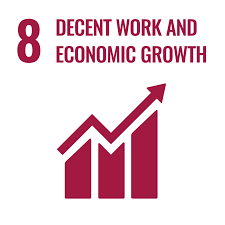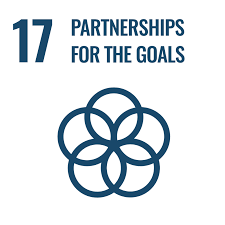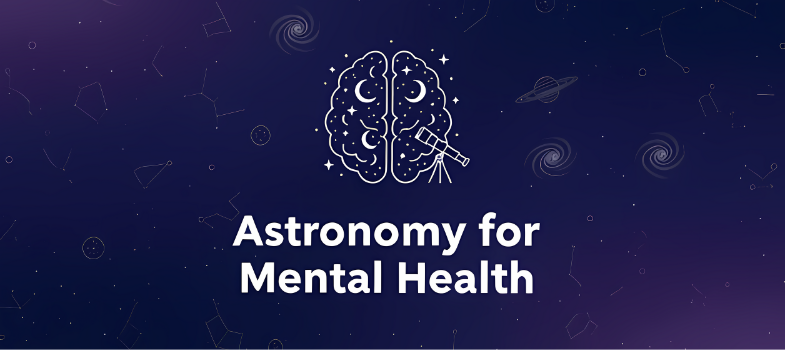Theme 1: Sustainable, Local Socio-Economic Development Through Astronomy
Astronomy is generally seen as a “luxury” science that only high-income countries can afford. It is often believed that it is a science that requires expensive infrastructures, and is of no use for economically disadvantaged countries, especially the many African countries that face socio-economic challenges. For this reason, astronomy very often appears as a low-priority science. However, the unique ability of astronomy to stimulate curiosity in the minds of young children and adults alike, as well as imagining possibilities, gives it a special place among the efforts to address development challenges.
In the hope of changing the current perspective and using astronomy as a tool to contribute to socioeconomic development in the world and particularly in underdeveloped countries, the Office of Astronomy for Development (OAD) has funded several projects that aim at addressing some of the development challenges.
Astrotourism is a flagship project under this theme. The project aims to use astronomy to support socio-economic development, especially in rural areas with dark night skies and high unemployment. It seeks to transform these natural assets into local income, jobs, and empowerment through community-led tourism focused on stargazing, cultural storytelling, and scientific learning. The project will address gaps in knowledge, skills, and tools through capacity building, training, and user-friendly guides.
The goals include raising awareness of astrotourism, building capacity globally, developing and supporting astrotourism businesses in rural and semi-urban areas, and creating new opportunities through collaboration with financial and tourism sectors.
The project employs a dual strategy:
-
Bottom-up strategy: Empowering individuals and small businesses through mentorship, seed funding, and workshops to ensure local ownership and benefit.
-
Top-down approach: Working with governments, tourism boards, and science institutions on dark-sky protection, centralised promotion, and accreditation for astrotourism training.
Astrotourism offers a rare convergence of SDG goals: fostering interest in science, supporting environmental conservation (through dark sky preservation), stimulating local economies, and celebrating cultural and indigenous knowledge systems. This aligns directly with several SDGs, including:
-
SDG 4: Quality Education
-
SDG 8: Decent Work and Economic Growth
-
SDG 11: Sustainable Cities and Communities
-
SDG 17: Partnerships for the Goals




To learn more about the flagship project, visit the astrotourism dedicated website www.astrotourism.astro4dev.org
If you are interested in an online course aimed to support individuals/tour guides/business who wish to expand their knowledge of the night sky and start their own astrotourism initiatives, click here.
